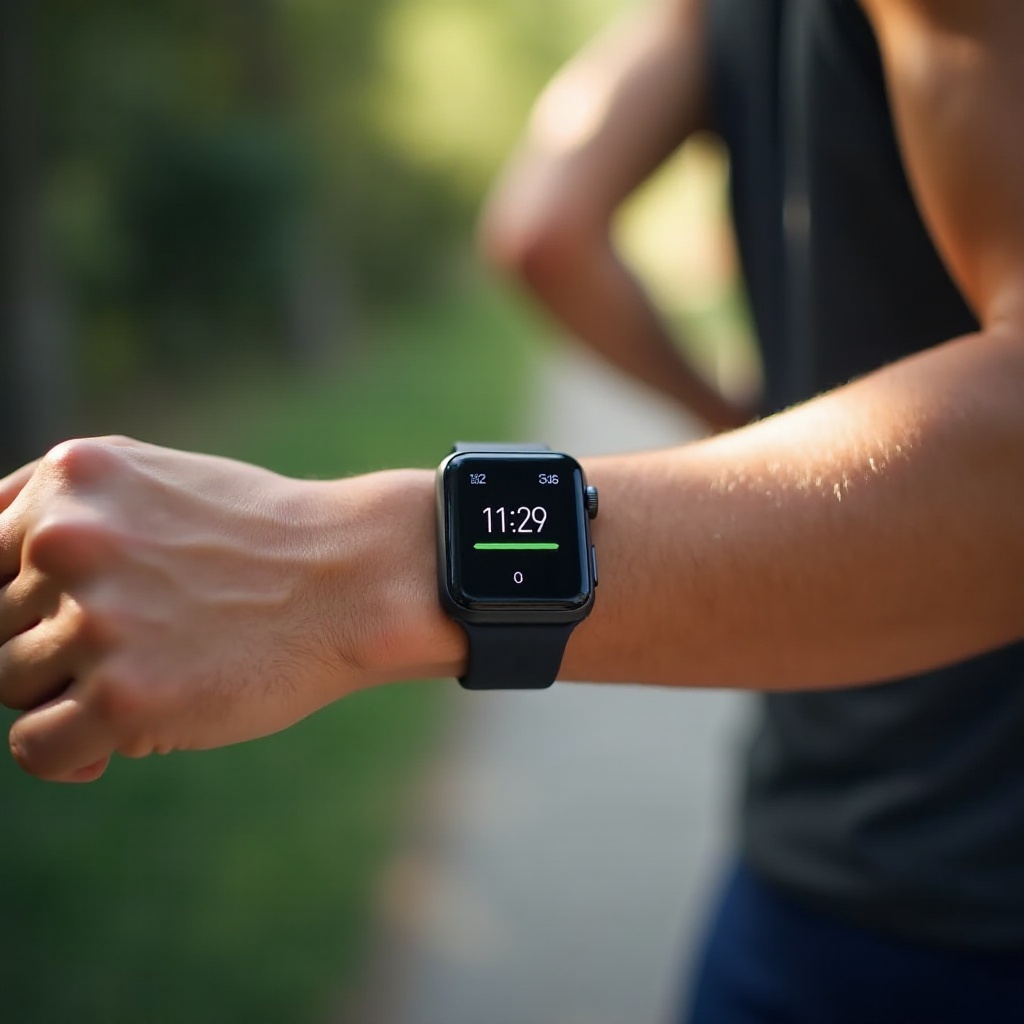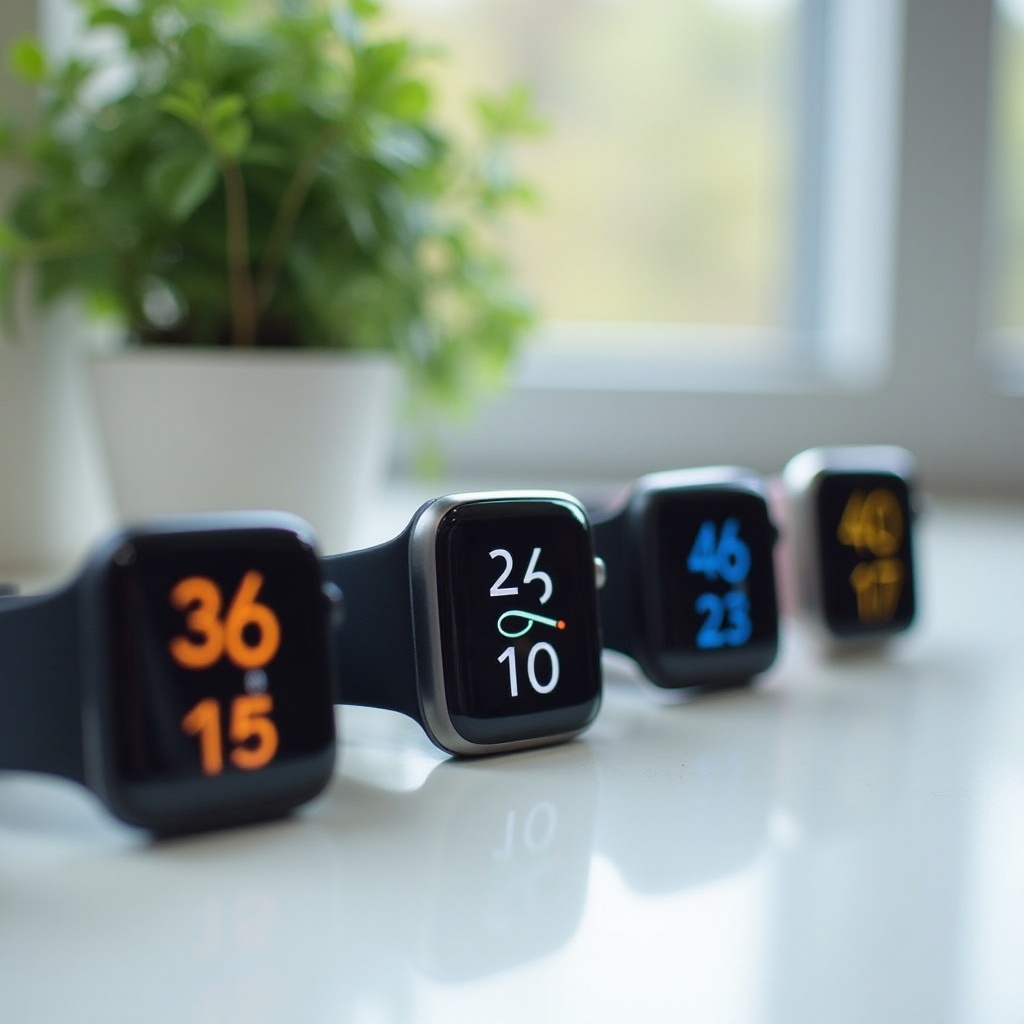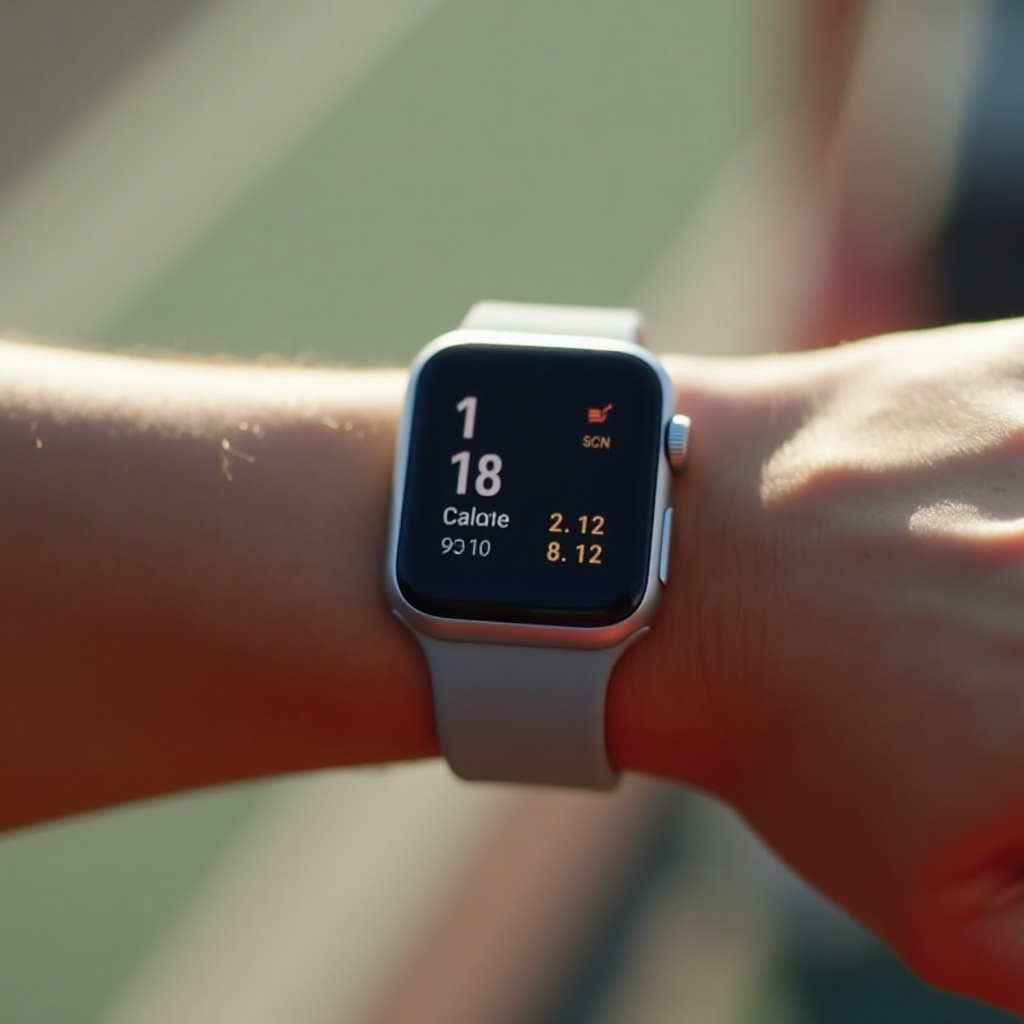Are Smart Watch Calorie Counters Accurate?
Introduction
The popularity of smartwatches continues to rise, with their multiple functionalities making them an essential accessory for fitness enthusiasts. One of these key features is their ability to count calories burned during various physical activities. But how reliable are these calorie counters? This blog delves into the science behind smart watch calorie counting, factors affecting their accuracy, and how different brands measure up against each other. Additionally, we'll look at real-life versus laboratory testing scenarios and offer tips to enhance calorie counting accuracy on your smart watch. Let's explore whether these sleek devices can truly be trusted for managing your fitness and weight goals.

The Science Behind Smart Watch Calorie Counting
Smart watches estimate calories burned using a combination of biometrics and activity tracking. They employ algorithms that analyze data from various sensors, including accelerometers, heart rate monitors, and sometimes GPS. The accelerometer tracks your movements, while the heart rate monitor measures your pulse, indicating the intensity of your physical activities.
The algorithms then integrate this data with personal information like age, weight, height, and gender to provide a reasonably accurate estimate of calories burned. While the science is sound, it's important to understand that these readings are just estimates and can be influenced by numerous factors.
Factors Affecting Calorie Counting Accuracy
Several factors can impact the accuracy of calorie counters in smartwatches. Understanding these can help you gauge how reliable your device's readings might be.
- Sensor Placement: The watch's position on your wrist affects the heart rate monitor’s performance. A loose or sliding watch can produce inaccurate readings.
- Type of Activity: Smartwatch algorithms are usually better at calculating calories for steady-state activities like running or cycling but can struggle with irregular movements seen in sports like tennis or swimming.
- User Data: Accurate user profile information is crucial. Entering incorrect details can skew the calorie count.
- Sweat and Dirt: Debris can obstruct sensors, leading to erroneous data.
- Technological Variations: Different brands and models use varying algorithms and quality sensors, resulting in discrepancies in readings.
Understanding these factors allows users to take necessary steps to improve the accuracy of their smart watches.
Comparison of Accuracy Across Different Smart Watch Brands
When it comes to reliability, not all smart watches are created equal. Here, we will compare the performance of top brands: Apple Watch, Fitbit, Garmin, and Samsung.
- Apple Watch: Known for its advanced technology, the Apple Watch uses complex algorithms and high-quality sensors. Studies show it provides relatively accurate calorie counts, especially during running and walking.
- Fitbit: Popular for its user-friendly design, Fitbit excels in tracking everyday activities and sleep patterns. However, for high-intensity workouts like HIIT, the calorie count may not be as precise.
- Garmin: Highly favored by athletes, Garmin watches offer detailed metrics and robust sensors, making them reliable for various advanced training regimes. The accuracy is commendable, but still, high-intensity dynamic activities can pose challenges.
- Samsung: Offering affordability with functionality, Samsung's smartwatches perform well in standard activities but may fall short in accuracy during more complex movements.
These comparisons suggest that while some brands offer better accuracy than others, no device is infallible. Fitness professionals often recommend cross-checking with other metrics and tools for the best results.

Real-Life Versus Laboratory Testing
Discrepancies often emerge between controlled laboratory settings and real-life scenarios. In a lab, variables can be meticulously managed, ensuring optimal conditions for the smart watch sensors. This accuracy during testing often doesn't translate to real-world use due to varied and unpredictable factors.
Laboratory tests might involve athletes running on a treadmill, monitored under standardized conditions. Comparatively, an ordinary user might run outdoors with differing terrains and weather influencing their performance and the watch's readings. The consistency seen in a lab diminishes, highlighting the dynamic nature of real-world activities that affect the watch's accuracy.
Understanding this gap stresses the importance of context when evaluating the performance of your smart watch's calorie counter.
Tips to Improve Calorie Counting Accuracy
Even with the best technology, there are steps users can take to ensure more accurate calorie counting:
- Fit is Key: Ensure your watch fits snugly on your wrist to prevent any movement that could affect the heart rate monitor's accuracy.
- Keep it Clean: Regularly clean your watch to remove sweat and dirt that can obstruct sensors.
- Update Regularly: Manufacturers frequently release software updates that can improve the functionality of the sensors and algorithms. Always keep your device updated.
- Enter Accurate Information: Ensure your profile details such as weight, age, and height are accurate.
- Dive Into Details: Cross-check with other devices or traditional methods, especially if you're managing your weight closely.
- Activity Specific Settings: Use activity-specific modes if your watch offers them to adjust the algorithms to match your workout.
Adhering to these tips can significantly enhance the accuracy of your smart watch’s calorie counter.

Conclusion
Smart watch calorie counters, while not perfect, offer a reasonably accurate estimate for most fitness enthusiasts. The technology combines sophisticated sensors with personalized user data to provide an insight into your energy expenditure. However, factors like loose fits, complex movements, and even brand quality can affect the readings. By understanding these aspects, users can adopt measures to improve the reliability of their smart watches. While no device can guarantee 100% accuracy, cross-checking with other metrics can help you get closer to your fitness goals.
Frequently Asked Questions
How do smart watches calculate calories burned?
Smart watches use algorithms that analyze data from sensors like accelerometers and heart rate monitors. They integrate this with your personal information (age, weight, height, gender) to estimate calories burned.
Can smart watch calorie counters be trusted for weight loss?
While smart watch calorie counters provide fairly accurate estimates, they shouldn't be your sole resource for weight loss. Cross-referencing with other data points and tools is recommended.
Which smart watch brand has the most accurate calorie counter?
Brands like Apple and Garmin are known for their more precise calorie counting due to advanced algorithms and high-quality sensors. However, accuracy can vary based on activity type and other factors.



